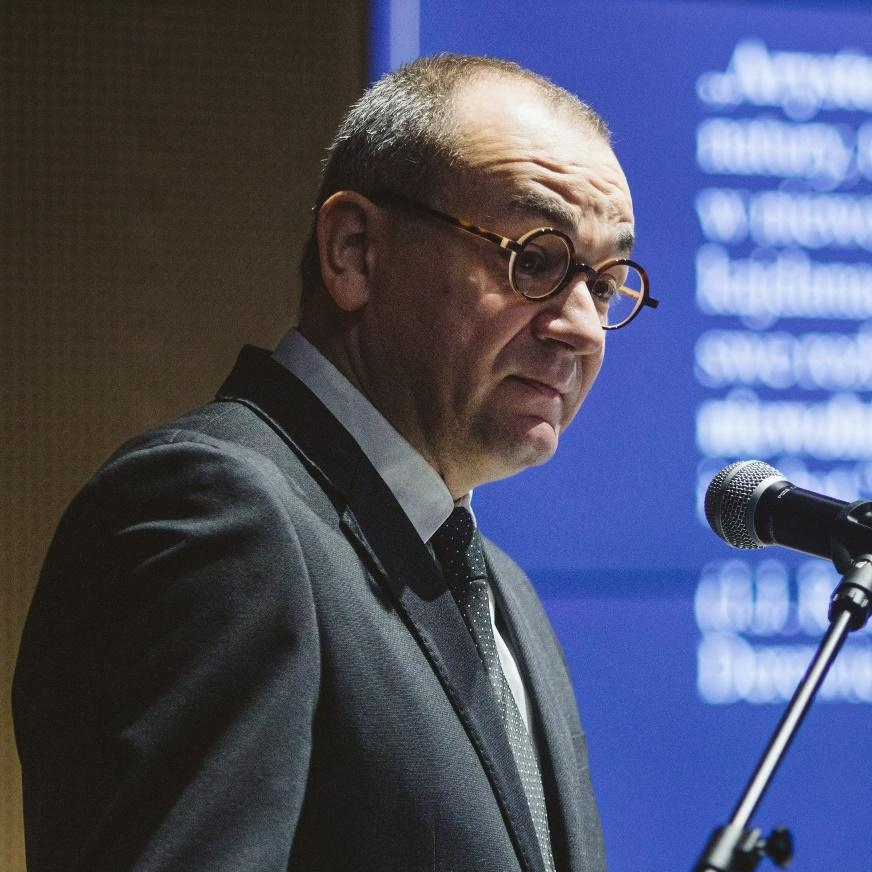
Piotr Zamojski is an associate professor at Polish Naval Academy (Poland). His main field of research is educational theory and philosophy of education. He has authored five books, including two recently written in collaboration with Naomi Hodgson and Joris Vlieghe (Manifesto for a Post-Critical Pedagogy, Punctum Books 2017), and with Joris Vlieghe (Towards an Ontology of Teaching. Thing-centered pedagogy, affirmation and love for the world, Springer 2019). The Manifesto for a Post-Critical Pedagogy sparked various debates in the field of educational theory and was recently translated into Spanish, German and Turkish. His last book Education as a Public Thing (published in Polish) reports lasting a decade participatory action research dedicated to ‘building a public sphere around education in Poland’. He has also published on issues of the bureaucratization of education, totalitarianism and educational theory, and the role of cultural codes in schooling. Currently he serves as a co-convener of the ECER Network 13 (Philosophy of Education).
Being provoked by the idea of designing future I focus on the ways of narrowing down of the future: the hegemony of the production logic, the inevitability of the climate catastrophe, the surveillance of the digital. In my short presentation I intend to take these examples and analyse them in relation to education and politics as the two spheres of life (following Hannah Arendt here) at the intersection of which any museum works. Considering these as attempts in taming the future, taking control over it, and thus, reducing it to another version of the already known (already existing, and in that sense: already present), leads to the question of rejuvenation of the world (Arendt), i.e. the question of the new (Badiou). Future be cannot designed if anything new (in a radical sense of the word) is to appear. Keeping the future open – therefore – relies on enacting and sustaining practices that enable newness to appear. These practices are old and can be conceptualised as scholē and polis.